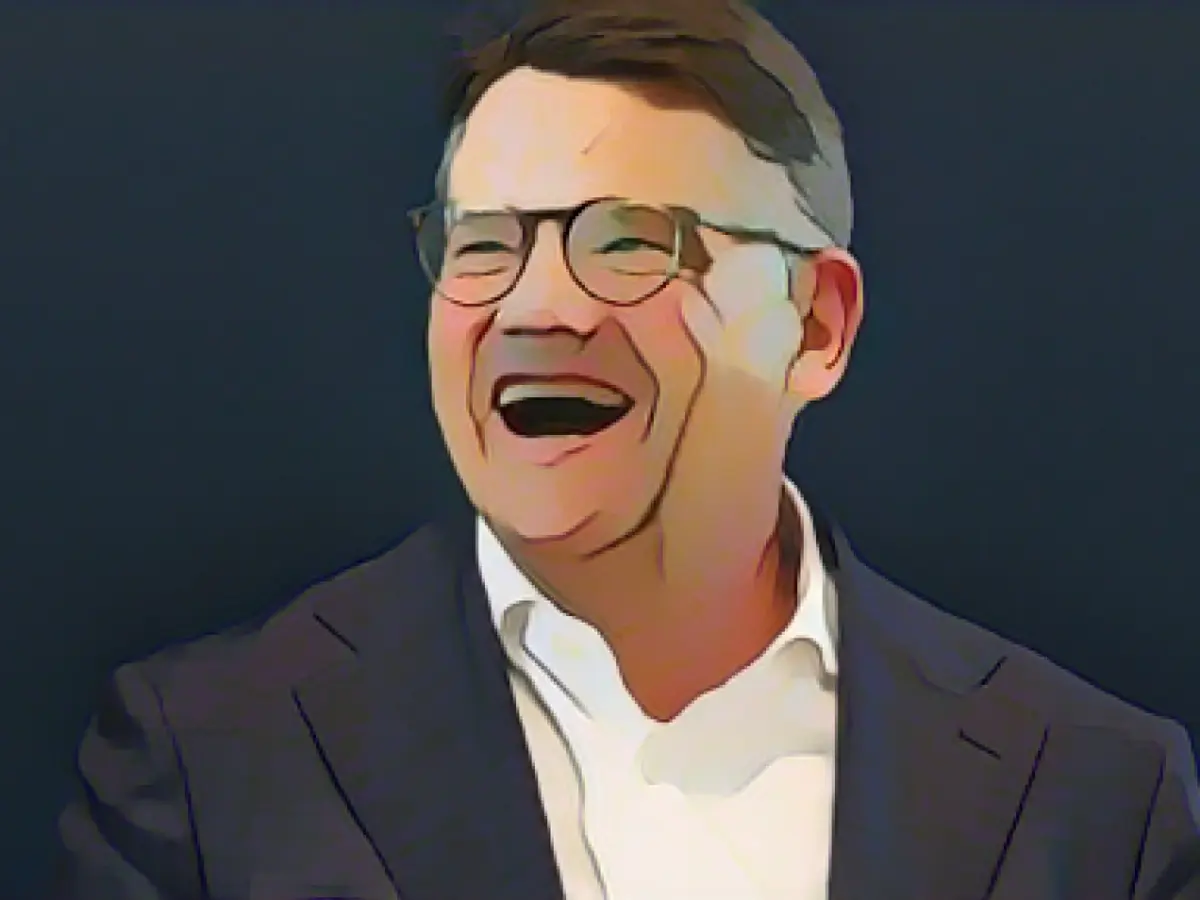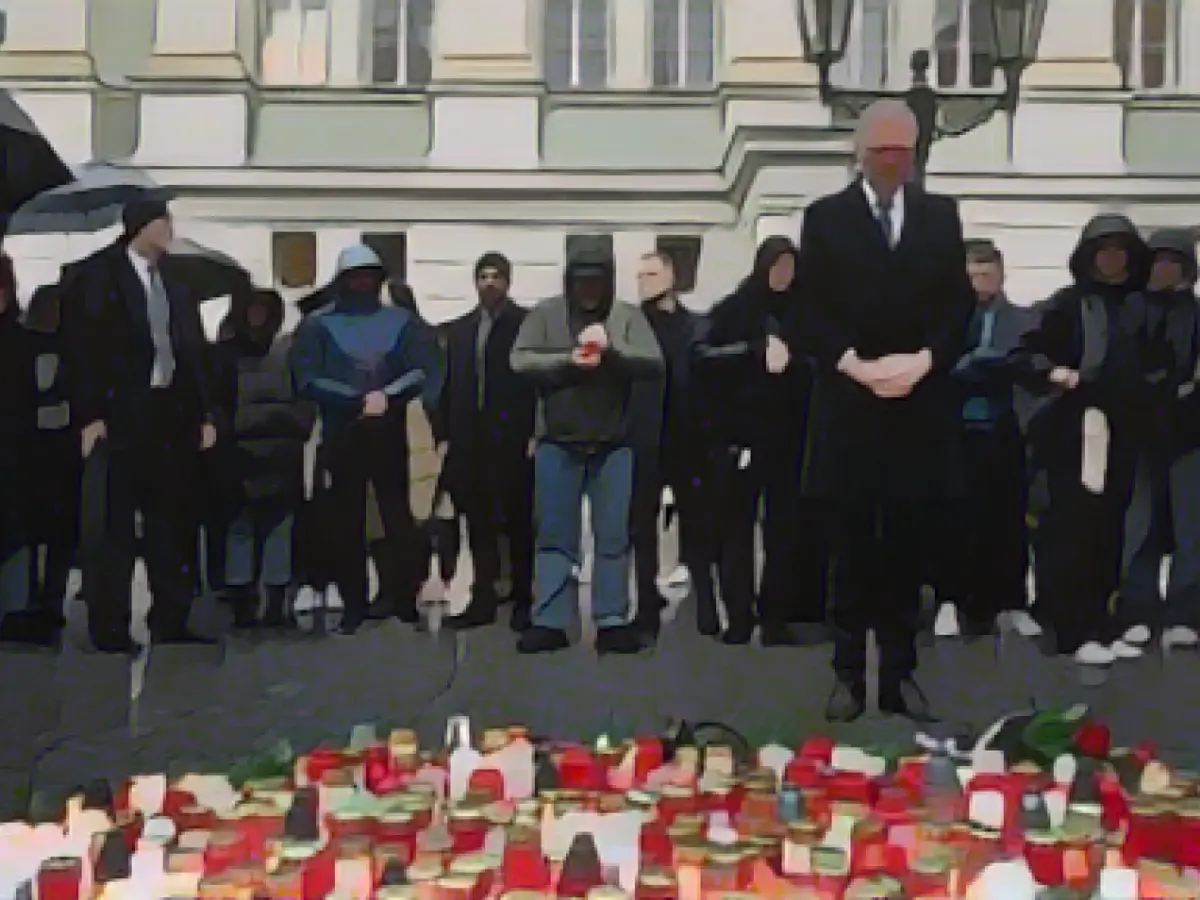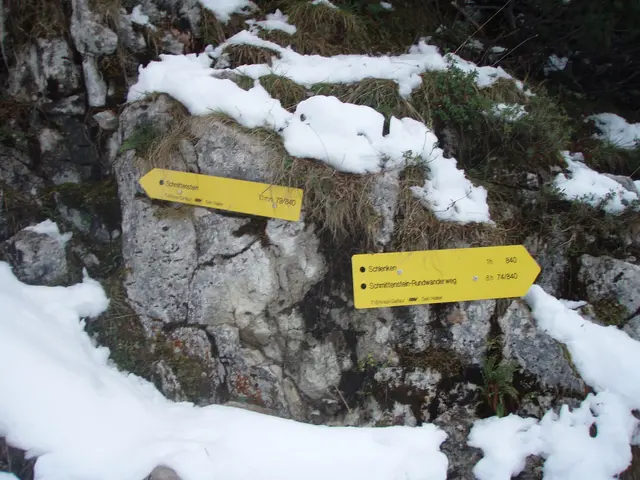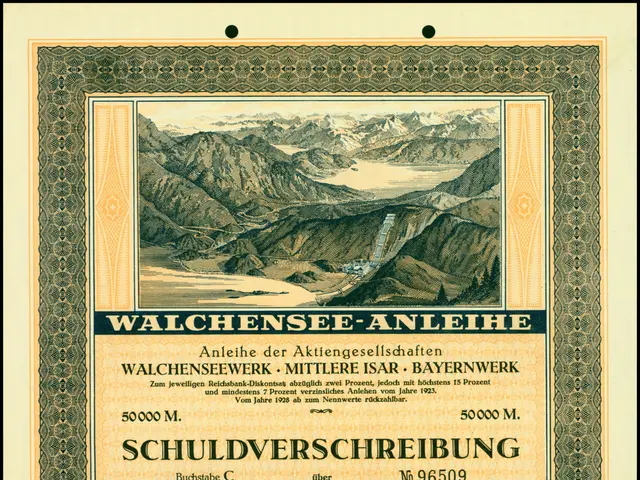After clinching the Hesse state election with a significant lead, the CDU opted against a new alliance with the Greens and instead engaged in coalition talks with the SPD. The SPD, with 15.1% of the votes, seemingly influenced this decision. The CDU emerged victorious with 34.6%, closely followed by the AfD at 18.4%. The upcoming constituent session for the new state parliament is scheduled for January 18.
Signing the coalition agreement between the CDU and SPD in Hesse was a significant event. Representatives Boris Rhein and Nancy Faeser, from their respective parties, finalized negotiations in Wiesbaden. Although the CDU secured a commanding win, the SPD's position may have factored into the coalition decision.
The impact of this new partnership on Hesse's political landscape is expected to unfold as the state parliament convenes. The partisan dynamics related to immigration policy is an influential factor. The CDU's Friedrich Merz and SPD's Chancellor Olaf Scholz embody opposing views, having advocated for and opposed the CDU/CSU's immigration bill, respectively.
The SPD's positioning against the CDU/CSU's bill could serve as a strategic move to preserve popularity and steer clear of losing support to the AfD - a far-right group. With the upcoming federal election in 2025, this strategy is vital as it aims to hinder voters shifting to more extreme parties.
In the aforementioned election, polls indicate that the CDU/CSU leads, though a grand coalition between the two is favored by the public, albeit slightly, to maintain political stability. But, the AfD's support remains significant, with 26% of the public open to a coalition with them. Regionally, local politics may be influenced by the national debate on migration and the role of the AfD. The Left Party's stance may also be affected by these shifts, as moderate or left-leaning alternatives emerge in response to the AfD's popularity.
This CDU-SPD coalition in Hesse encapsulates broader national political tendencies, particularly concerning migration policy and the surge of the AfD. The SPD's tactical approach to maintaining its popularity could shape the political landscape on a local and national scale.








